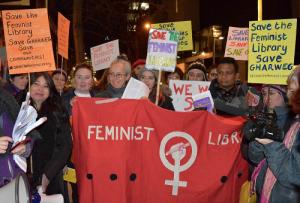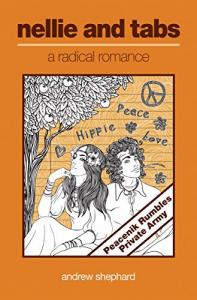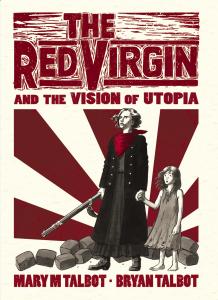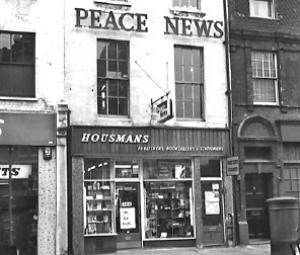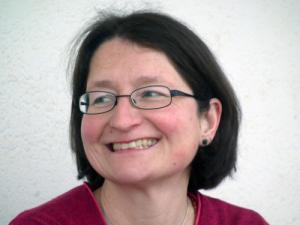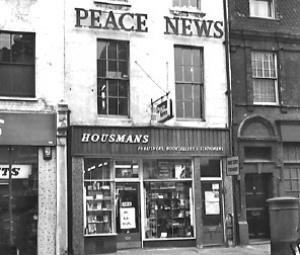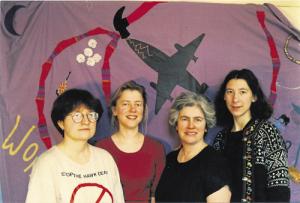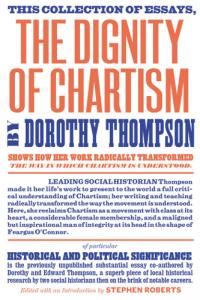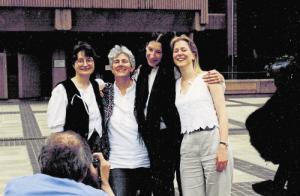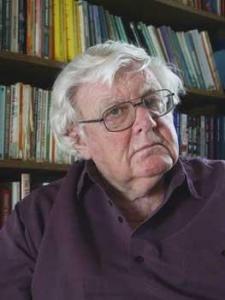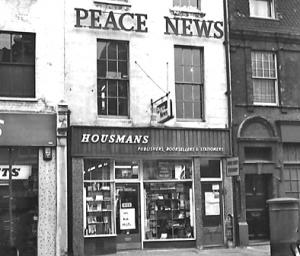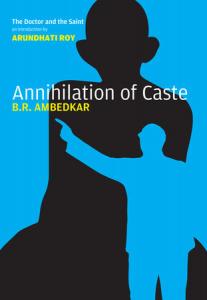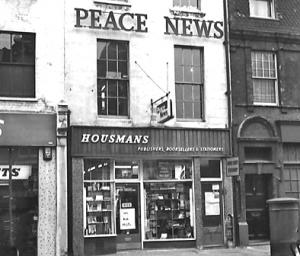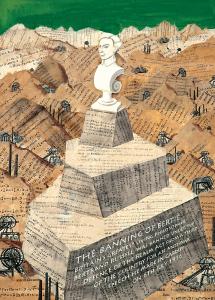Faced with unsustainable rent increases at the end of 2015, and the threat of eviction…
Activist history
Late in January 1975, soon after my arrival at Peace News in Elm Avenue, Nottingham, where the magazine was then produced, the more established members of the editorial collective travelled down to London’s Savoy Hotel to collect the ‘What the Papers Say’ Scoop of the Year award. The scoop in question was the exposure of a secret organisation, GB 75, being built by the retired colonel David Stirling, best known as the founder of the SAS.
The purpose of GB 75, a kind of…
When I started this graphic novel I had never heard of the French revolutionary Louise Michel and, after a somewhat dull start, I wasn’t sure that I wanted to continue finding out. I’m glad I did.
Michel’s story is told by three people who meet on the day of her funeral, 22 January 1905: her friend Elianne, Elianne’s daughter Monique, and the feminist writer Charlotte Perkins Gilman, author of the famous science-fiction novel Herland.
Michel took part in the…
The large number of hypothetical questions addressed to pacifists is due to the fact that in the last resort the reliance upon muscular strength rather than argument, upon some kind of force rather than reason, upon military weapons rather than upon negotiation, is commonly accepted by almost all the people of the world – and that any moral stand against it immediately rouses fear and a corresponding resistance to the idea.
The fact that the use of force only settles who is the…
On 30 July, 20 years to the day after the Seeds of Hope acquittal, I found myself once again in the back of a police van with Jo, one of my co-conspirators. We’d been at Peace News Summer Camp at Crabapple community in Shropshire, and had been out for a walk with Emily and Lyn, two of the other women in the group. As we were strolling along a public footpath, three police dogs rushed round a corner and surrounded us, barking madly. One of them had bitten me – hence a…
Construction – not destruction – is the battle-cry in Affile.
Service Civil International has invaded Affile, 80km from Rome, but this is an invasion with a difference. Affile, which was once a battlefield, is now being assaulted with bricks and shovels, sledgehammers and barrows. Construction not destruction is the new battle-cry as young people from many nations set forth with heavy boots and light hearts.
The founder of SCI was Pierre Ceresole of Switzerland, who…
Nobody in my early life – myself included – would have suspected that I had a future as a troublemaker ahead of me. Growing up in rural Suffolk in the 1970s, the youngest of four siblings, there didn’t seem to be much wrong with the world. I don’t recall my family discussing politics, and although my father listened to the news every day, I never paid it much attention.
…
Dorothy Thompson, who died in 2011, was a leading historian of the Chartist movement - the popular working-class movement, active from the 1830s to the late 1850s, which agitated for universal male suffrage and parliamentary reforms such as a secret ballot, payment for MPs and equal-sized constituencies. In addition, both she and her husband, the labour historian EP Thompson, were leading members of the Communist Party until 1956, when they left in protest at the Soviet Union’s invasion of…
On 29 January 1996, Jo Blackman, Lotta Kronlid and Andrea Needham broke into a British Aerospace factory in Lancashire and used household hammers to disarm a Hawk warplane bound for Indonesia. They were arrested, charged with £2.4m of criminal damage, and sent to prison to await trial. A week later, Angie Zelter joined them, accused of conspiracy. After six months in prison, all four were acquitted by a Liverpool jury in a court case that effectively put Britain’s arms trade on trial.…
Albert Hunt, critic, playwright and educator, and former staff member and drama critic of Peace News, was part of the wave of innovators that transformed the British theatrical scene in the 1960s and 1970s and pioneered an approach to adult education based on the active participation of students in games and creative improvisation.
Born in Burnley in 1928 to a working-class Pentecostal family, with a radical pacifist tradition, he was a conscientious objector to military…
'The heroic actions of this small, but determined, group of women is told brilliantly in Andrea Needham’s fascinating account…. You can sense just how much human life matters to each and every one of these women. They spent six months in jail for acting upon their consciences – but were eventually, and rightly, found to be innocent. Anyone interested in social change, or campaigning for peace, should read this book and take inspiration from the brave actions of these amazing women.'…
The letters pages in Peace News have long been a forum for debate on pacifist ideas: the August 1955 issues were no exception. Sid Parker, individualist anarchist, contributed to and edited political publications over many decades; pacifist Denis Barritt lived in Northern Ireland - including during “the troubles” - opposing all armies, ‘legal’ or ‘illegal’.
Anarchist position
There is one paragraph [of a Peace Pledge Union document in a previous PN] with which…
In 1936, the Indian scholar BR Ambedkar was invited to give a speech to the Jat-Pat Todak Mandal (Forum for Break-up of Caste), a group of high-caste Hindus. The controversial speech was never delivered, and the conference was cancelled, but Ambedkar published the speech himself, together with the letters and records of the ensuing debate.
In her book-length introduction, ‘The Doctor and the Saint’, Arundhati Roy draws out the significance of this speech (‘Annihilation of Caste’)…
As the Second World War’s killing ended – in the European theatre at least – news emerged from recently-liberated concentration camps and extermination camps. Much of this PN report was based on a visit to Buchenwald a few weeks earlier by a London-based Swedish journalist.
The details of the treatment of German conscientious objectors which we print below give the first detailed factual reply to the oft-repeated war-time question – ‘What would happen to any conscientious objectors in…


